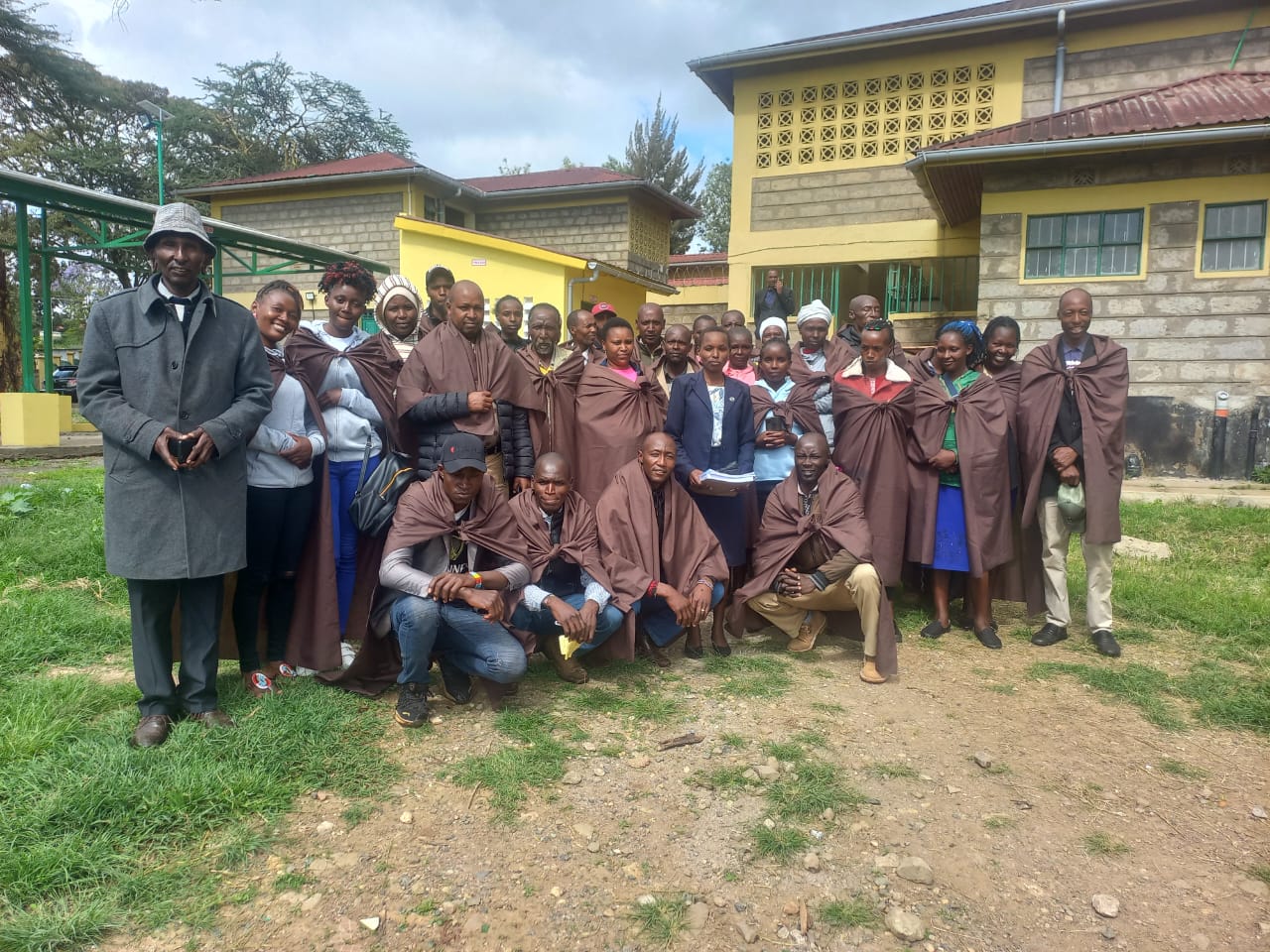
The indigenous Ogiek
community is once again at the African Court of Human and People’s Rights
seeking the continental court to compel the government of Kenya to implement
its 2017 and 2022 judgments.
In their submissions on the implementation of the merits (2017) and reparations (2022) judgments through the African Commission, the Ogiek community accuses the Kenyan government of “blatantly” ignoring the African Court rulings, as well as continued and new violations through evictions from the Mau Complex.
The hearing will be held on Tuesday in Arusha, Tanzania.
In the landmark ruling on May 26, 2017, the court ruled that the Kenyan government had violated Ogiek’s right to life, property, natural resources, development, religion, and culture.
The court found that the
government had evicted the community from their ancestral land in the Mau
Forest and that it must take steps to remedy the violations.
In the reparations ruling on June 23, 2022, the court awarded the Ogiek Sh57.85 million as compensation for the material prejudice suffered and Sh100 million for the moral prejudice suffered.
The court, among other directions, also ordered that the government grant the community a collective title and put measures to prevent further violations of their rights.
The 2017 judgment was a major precedent for Indigenous peoples' land rights in Africa, recognising that Indigenous peoples on the continent have a role in conserving local ecosystems protected land and natural resources
The United Nations Framework Convention on Climate Change also acknowledges that Indigenous peoples have the knowledge and practices needed to implement and scale-up climate action.
This translated into the establishment of the Local Communities and Indigenous Peoples Platform in 2015 in Paris, effectively giving Indigenous peoples a voice alongside governments. It further enabled them to participate more effectively in the UN climate process.
However, seven years since the 2017 ruling, the Ogiek say the government has not implemented the decision of the court, as well as that of 2022.
“It is now over two years since the Court delivered the Reparations Judgment. The Applicant submits that, despite considerable efforts to engage with the Respondent and seek execution of the specific orders in the Reparations Judgment, the Respondent has failed to take any steps to implement them and has taken measures that comprise continuing and new violations of the Ogiek’s rights as adjudicated by the Court,” the African Commission on Human and Peoples’ Rights says on behalf of the Ogiek people.
It further argues that despite the Kenyan government being required by the June 2022 ruling to report within 12 months on the status of implementation of the judgment, it has failed to do so, which amounts to a continuation of the “longstanding violations and has committed new violations against the Ogiek People”.
According to the submissions, the Ogiek will ask the African court to find that the Kenyan hasn’t complied with the two rulings.
“Consequently, the Applicant prays the court to order the Respondent State to comply with Court’s Orders in both Merits and Reparations Judgments, taking into consideration the proposal of Applicant proposal on the way forward,” they argue.
They also ask the court to order the Kenyan government to stop all actions that are incompatible with its judgment, “including but not limited to evictions or restrictions of Ogiek communities to access their ancestral lands in Mau Forest”.
“Where the Respondent State have taken measures that are incompatible with the Court’s Orders, to restore the status quo ante [previously existing state of affairs],” they say in the submissions.
In November last year, the government evicted the Ogiek on environmental grounds despite the ruling Chief Conservator of Forests in a Twitter (X) post had on October 21, 2023 said,, "The government is keen to reclaim and rehabilitate all forests in the country. Mau Forest Complex, which is a gazetted (sic) forest and one of the key water towers is facing challenges of encroachment and destruction”.
It is, for this reason, he said that It is for this reason that a multi-agency security team led by the Forest Service and coordinated by the Ministry of Environment, Climate Change and Forestry was reclaiming the forest “for purposes of restoring it so that it can continue providing critical environmental services for the country and region”.
The community, however, argues that it is not responsible for the destruction and instead that it is the illegal loggers who are behind the cutting of trees.
Speaking in Arusha on Monday, Ogiek People's Development Programme executive director Daniel Kobei said the violations have continued despite the judgment as well as attempts to engage the government.
Kobei said the continued and new violations continue to traumatize the victims, even as the implementation delays.
The Ogiek consider Mau their ancestral land, which the African Court in May 2017 agreed with as well as absolute security. The Kenyan government objected.
A judgment by the Environment court in Nakuru on 30 May 2024 dismissed the claims of the Ogiek to their right of ownership, occupation, access and use Mau Forest, stating that the “Mau Forest is gazetted as a public forest under the Forest Conservation Management Act No. 34 of 2016, and that it has not been procedurally degazetted”.
“It is noted in the ELC judgment that the 3rd Respondent therein (Kenya Wildlife Service - KWS) stated that they are not bound by the Merits and Reparations judgments of the Court on the basis that they were not a party to Application 006/2012. 34,” the court said.
The Ogiek filed a Notice of Appeal, arguing that being a government agency, the KWS is bound by the merits and reparations judgments of the African Court











